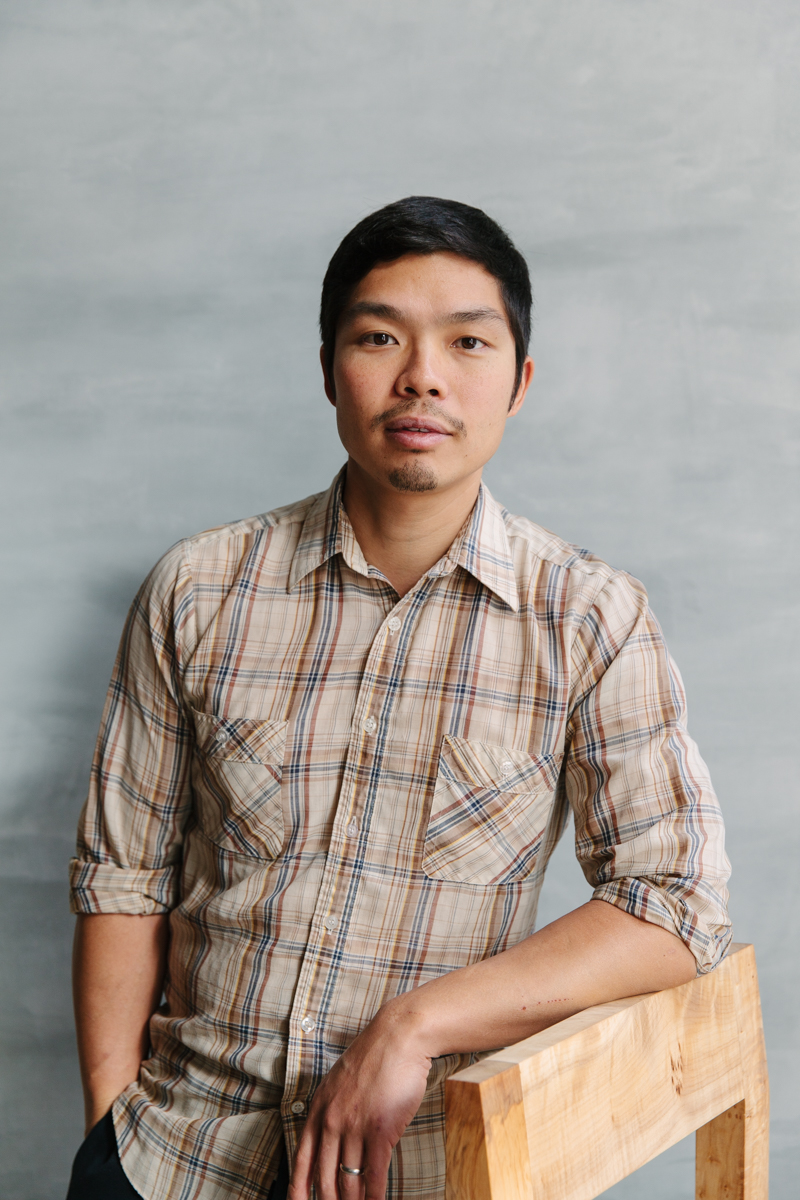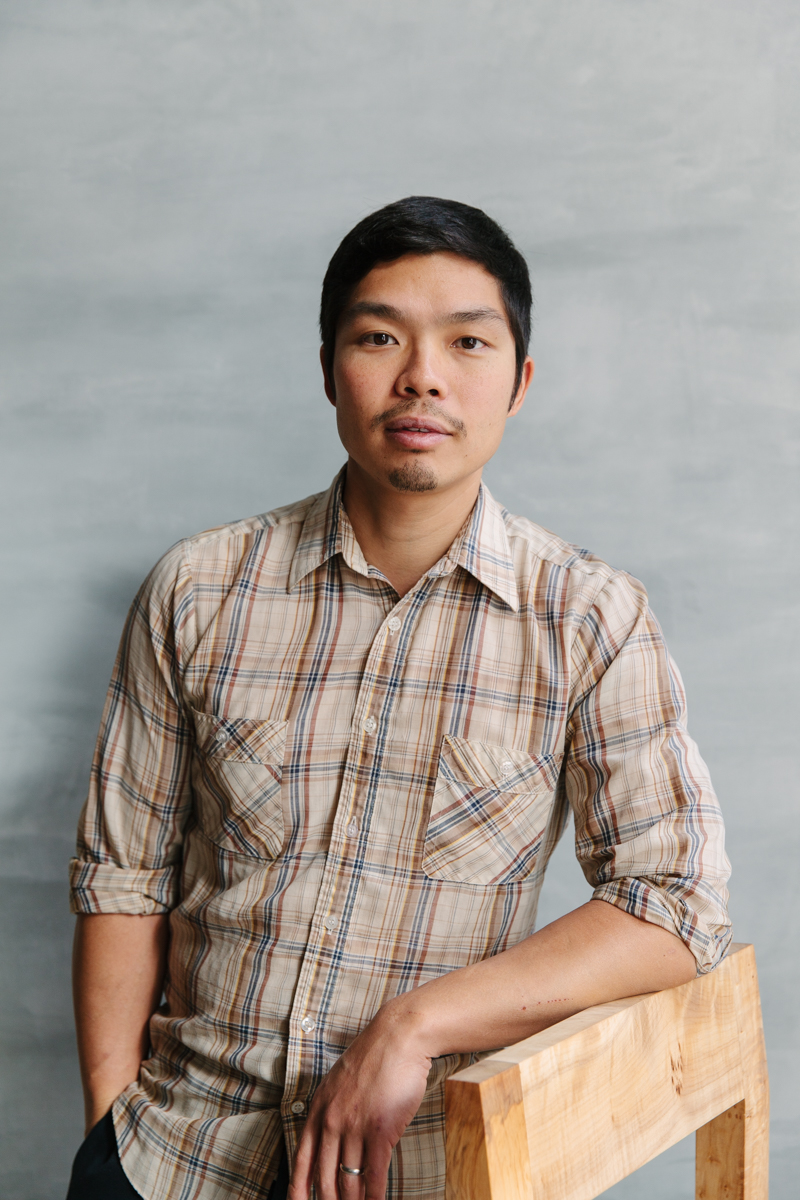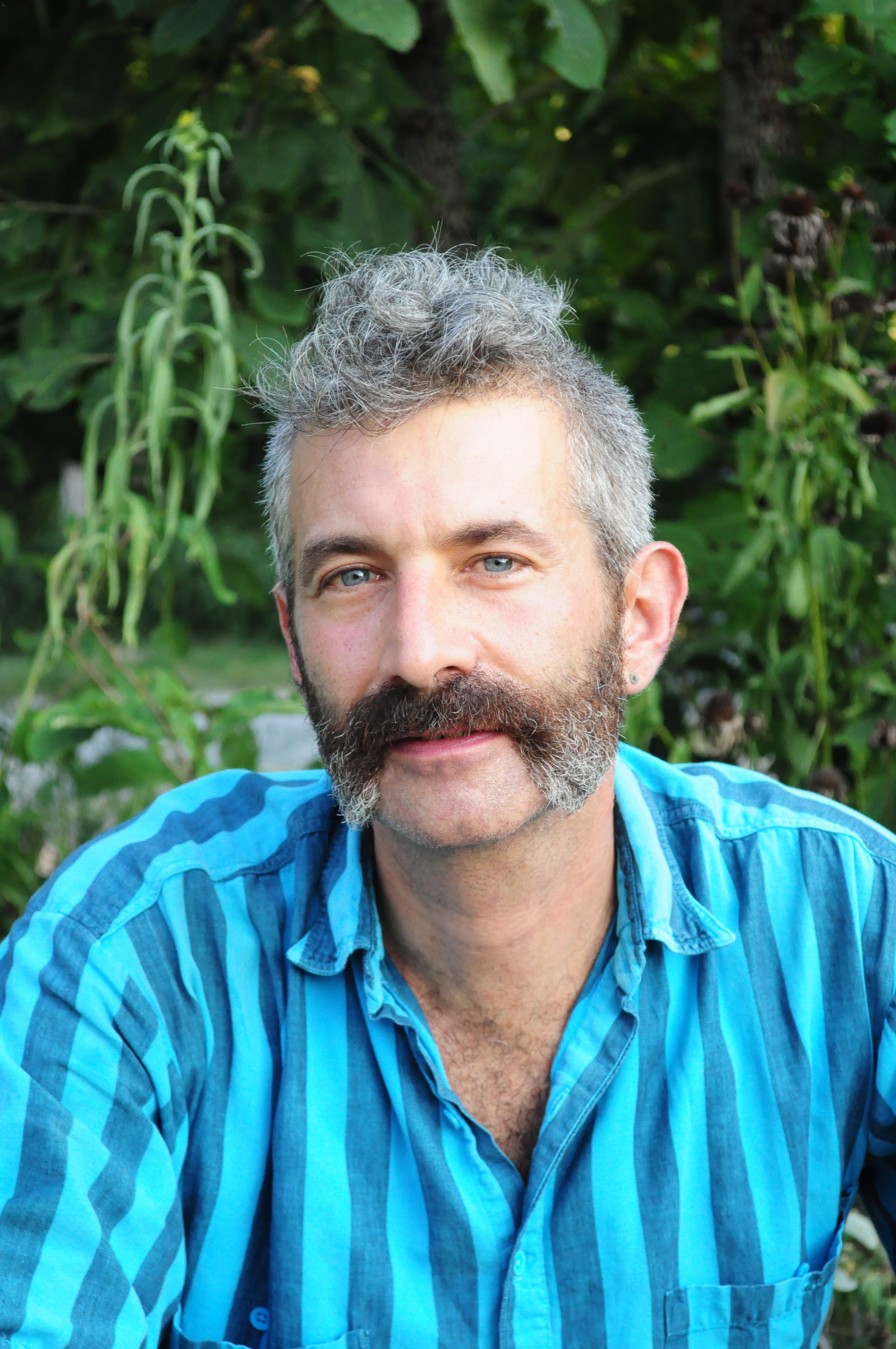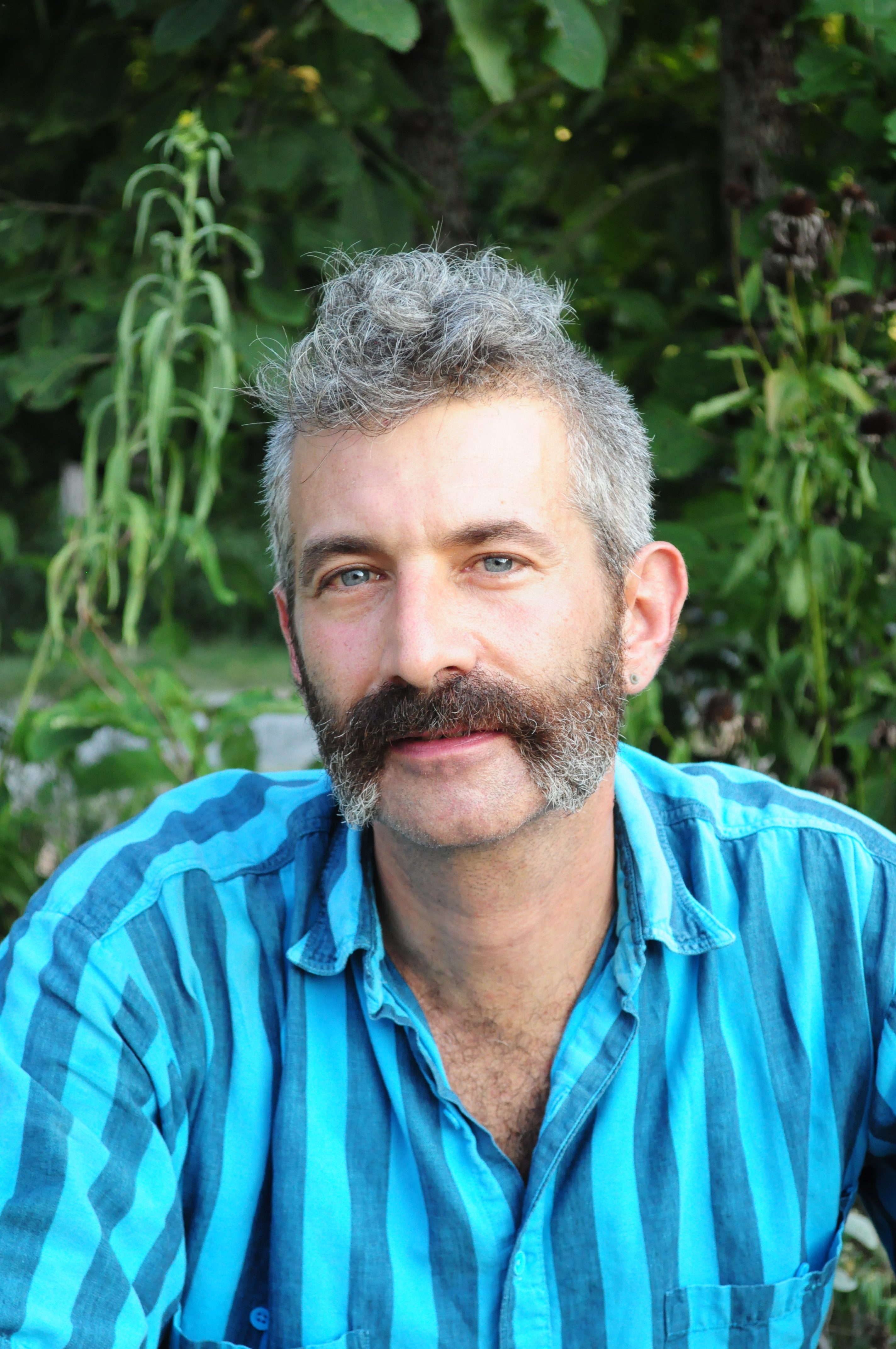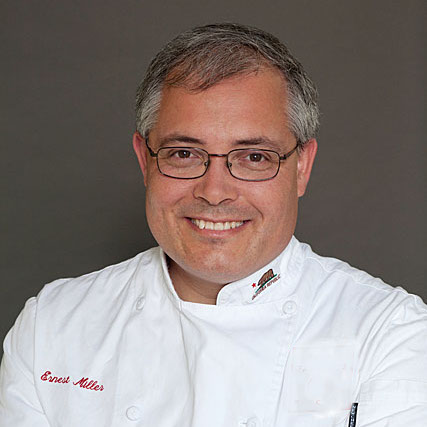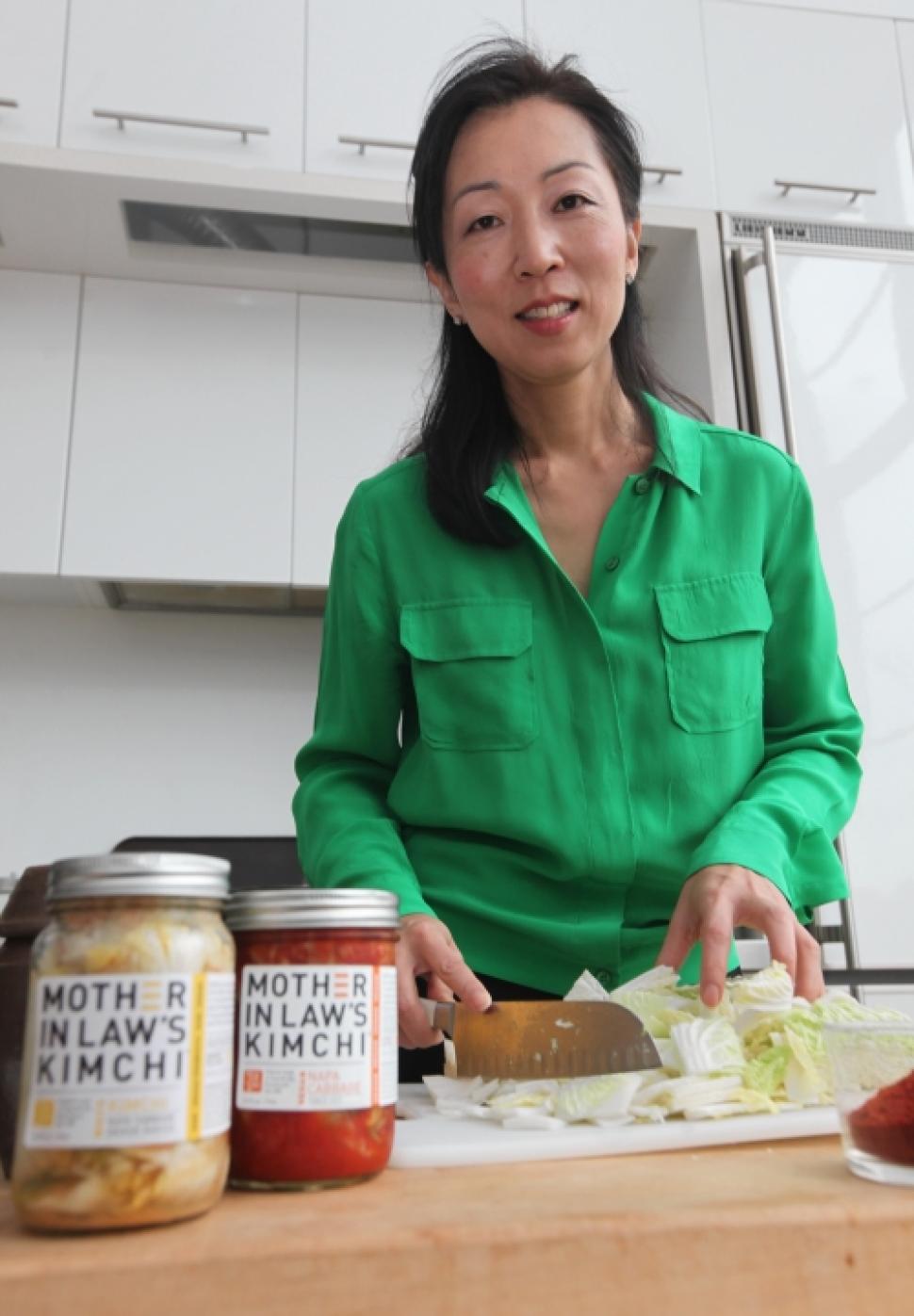Anthony Myint
Anthony Myint, a chef based in the Mission in San Francisco, is a founder of the restaurants The Perennial, Mission Street Food, Mission Chinese Food, Mission Cantina, Mission Burger, Lt. Waffle, and Commonwealth Restaurant. His cookbook, co-written with his wife Karen Leibowitz, Mission Street Food: Recipes and Ideas from an Improbable Restaurant, was a New York Times Notable cookbook in 2011. In 2010, Food & Wine Magazine listed Myint as one of the big food thinkers in their “Top 40 Under 40” list, and in 2011, was named as Eater.com’s empire builder of the year for San Francisco. As the pioneer of the charitable restaurant business, he was named SF Weekly’s Charitable Chef of the year in 2009 and is one-third of the non-profit, ZeroFoodprint.
- What hooked you on cooking?
- Years ago what got me into the industry was the desire to do things the way I thought they should be done. At the time that was to make food in the middle ground between serious fine dining food and fast food/cheap ethnic food. It seemed like there was plenty of culinary expertise that doesn’t cost anything, but wasn’t being utilized in the $8-$15 price range.
- The coolest example of science in your food?
- Since then my whole orientation has changed and I am very interested in food and climate change. So to me, the exciting thing right now is carbon farming—how the production of food can store significant amounts of carbon in the soil. Or maybe I should restore it (I think literally billions of tons of carbon used to be in the soil before we started plowing.)
- The food you find most fascinating?
- I had a whole evolution from being infatuated with technique driven junk food, to lighter and more delicate haute cuisine food, to now, food that prioritizes the environment on equal footing with flavor. That said, I am most fascinated by the business side of food and the best value.
- What scientific concept–food related or otherwise–do you find most fascinating?
- Carbon farming, carbon ranching, perennial grains and plants, and aquaponics as an intensive urban agricultural route to freeing up millions of acres of fields that are currently planted with annuals and could be switched to perennials.
- Your best example of a food that is better because of science?
- Kernza is a perennial grain that was being optimized through natural breeding for the last 10-15 years by The Land Institute, in conjunction with The University of Minnesota. It’s finally starting to become available and a lot of science has gone into making an intermediate wheatgrass that could do wonders environmentally, into something commercially competitive with annual semi-dwarf wheat.
- How do you think science will impact your world of food in the next 5 years?
- Making it taste better and be healthier and more eco-friendly. We recently visited the labs at Impossible Foods and they are doing exciting things with producing a vegetab;e protein based burger that really mimics meat, all the way down to bleeding and firming up at 140 F.
- One kitchen tool you could not live without?
- Silicon Spatula
- Five things most likely to be found in your fridge?
- Milk, eggs, chicken, beer, ranch dressing
- Your all-time favorite ingredient?
- Chicken skin.
- Favorite cookbook?
- That’s tough. I really like the Mugaritz cookbook because it is so analytical and articulate.
- Your standard breakfast?
- Scrambled eggs with a little bit of sautéed vegetables

